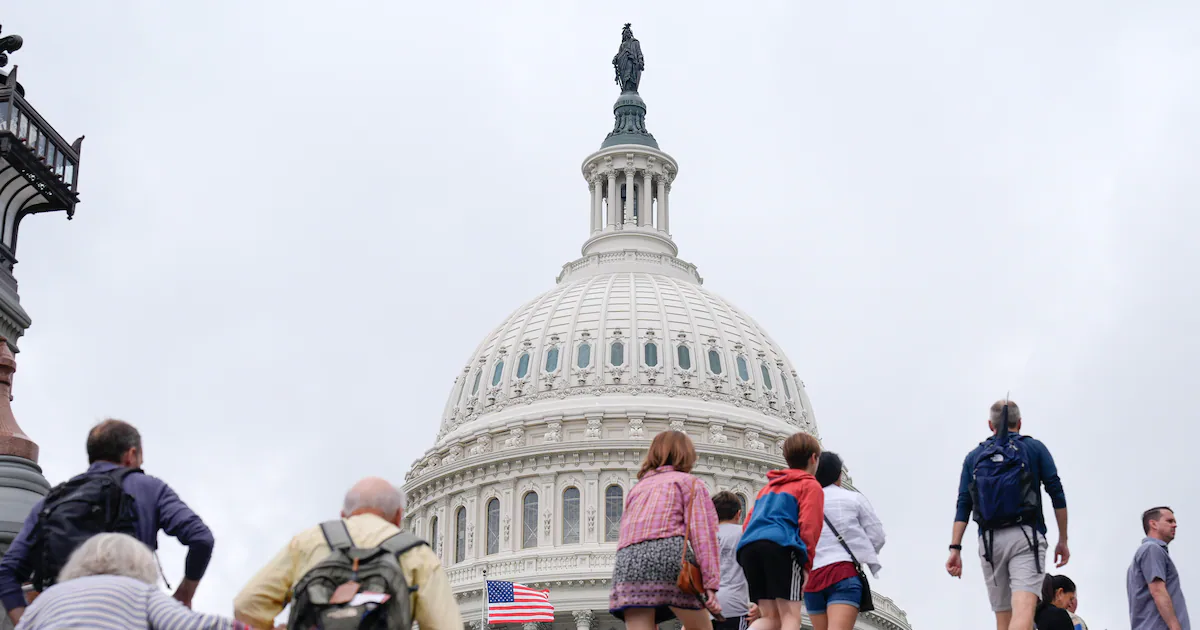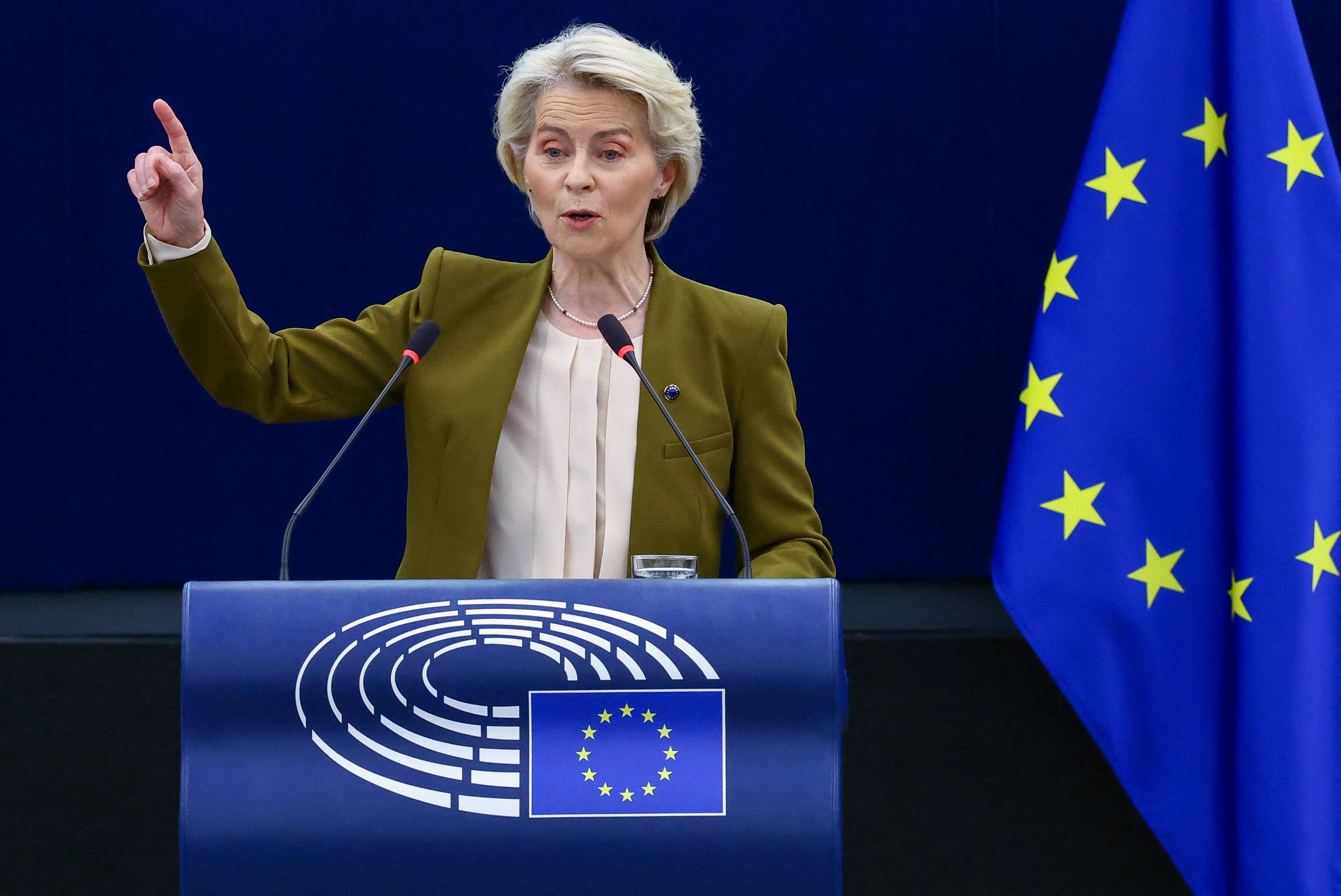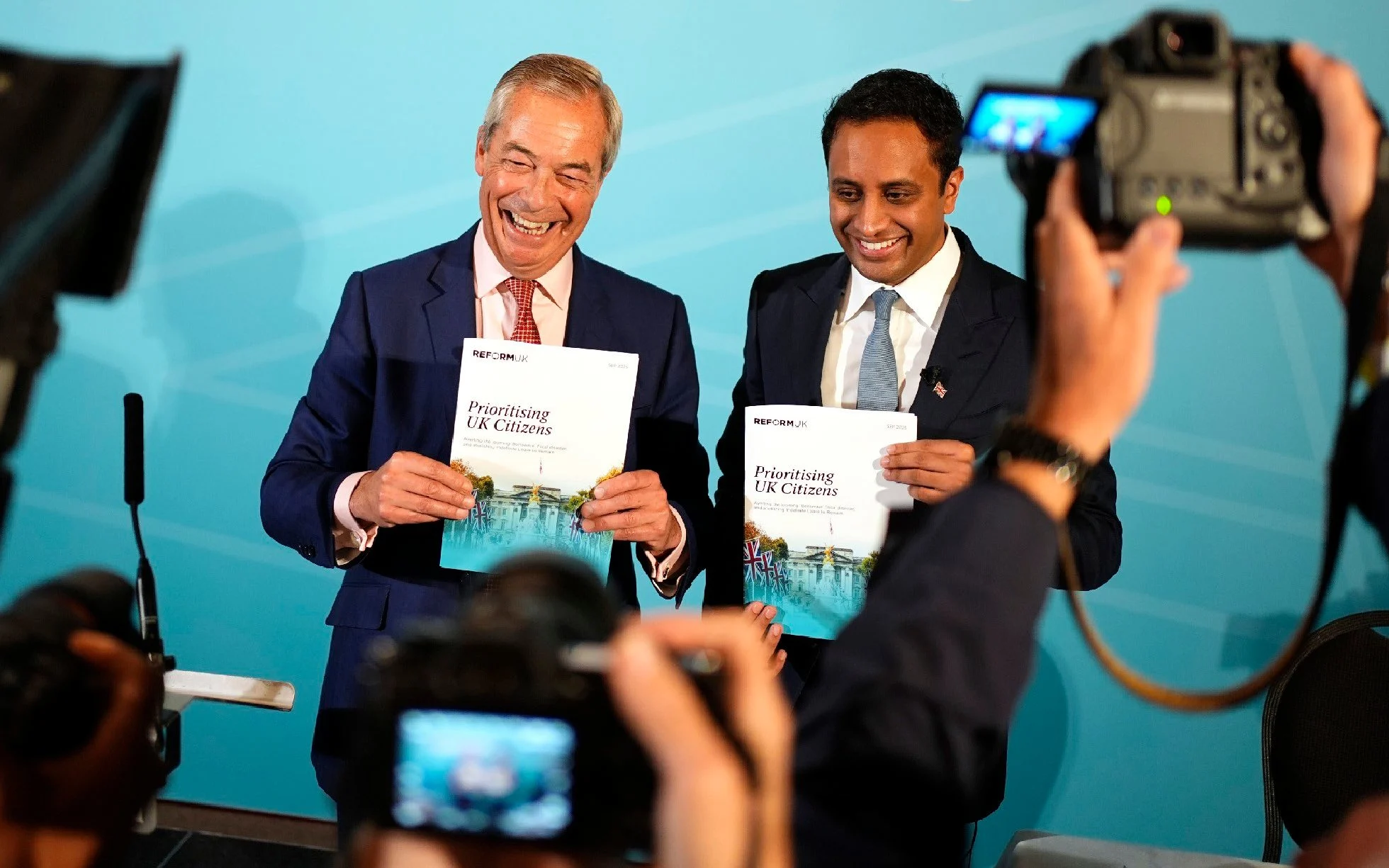
WASHINGTON — Republican lawmakers are eyeing ways to eliminate the possibility of a government shutdown, hoping to remove the political aspect and prevent parties from using the deadline as leverage in future negotiations.
There are a number of proposals being floated in Congress to adjust how the appropriations process works, all centered around the idea of making it impossible for the government to shut down even after the fiscal year expires and a new budget isn’t approved. Instead, most of the bills would automatically renew spending levels from the previous spending agreement until some sort of bill is passed.
While the proposals differ on some of the specific details, there appears to be a growing appetite among Republicans to remove the political leverage a shutdown holds — especially as Democrats threaten not to support the current Republican-led spending plan.
“Like clockwork, Congress regularly finds itself up against deadlines to fund the government, and the Uniparty always uses the specter of a shutdown to dismiss attempts to curb reckless government spending: a manufactured crisis to avoid accountability,” Sen. Mike Lee, R-Utah, told the Deseret News. “Today, we find Senate Democrats rejecting a ‘clean’ funding bill so that they can revive broken, expensive, expiring programs, including health care for illegals. Americans are tired of the kabuki dance and we need to end it.”
One proposal to amend the appropriations process, dubbed the Eliminate Government Shutdowns Act, has gained traction recently in the Senate and could see some sort of vote in the coming weeks. Senate Majority Leader Thune, R-S.D., filed a motion to set up votes on the proposal when the Senate returns next week, although a scheduled vote is not yet firm.
The bill would essentially block any shutdown from taking place by triggering an automatic stopgap spending bill to continue current spending levels until a new framework is passed. The auto-renewal only stops once the new spending deal is signed by the president.
The proposal would ensure programs that received funds in the previous budget are funded “at the rate necessary to maintain program levels under current law,” although it would maintain the Office of Management and Budget’s authority to allocate those funds as it deems appropriate.
But some Democrats are not fully convinced by the proposals — arguing they could trap Congress in a never-ending loop of renewing spending levels without ever negotiating a new budget framework.
“If Republicans want to prevent a shutdown, a good way to start is finally sitting down with Democrats to negotiate,” Sen. Patty Murray, the highest-ranking Democrat on the Senate Appropriations Committee, told the Deseret News. “This bill sounds nice in concept but would be a disaster if passed. It would put government funding on auto-pilot indefinitely and let President Trump shuffle funding around on his own without ever having to worry about convincing Congress to pass new funding bills.”
Landkford: Consequences for not passing spending bills
Another Republican proposal to avoid government shutdowns would attempt to ease that concern. The Prevent Government Shutdowns Act, led by Sen. James Lankford, R-Okla., would similarly renew current spending levels every 14 days but it would also take things a step further.
It would require Congress to stay in session seven days a week and lawmakers would be prohibited from traveling with official or campaign funds. No bill would be considered unless related to appropriations or the budget — essentially forcing them to finalize a spending bill.
“The one thing that everyone considers precious in the House and Senate is time,” Lankford said. “If we lose our time, if we’re there over weekends, every single day, if we’re not able to move to the other things that we have — both in our campaign life, official life and family life — if we lose all of those until we actually get the appropriations done, it’s a pretty powerful motivator to say, ‘You know what, once you’re finished with this, then you can actually get onto the rest of the things on your schedule.’”
Lankford said he has had bipartisan support for such an idea in the past, although the current iteration does not have any Democratic co-sponsors. The Oklahoma senator said the level of support changes “based on what the politics of the day are,” which may make Democratic support unlikely under the Trump administration that has proven itself bullish to slash spending wherever it can.
Murray alluded to that larger concern when it comes to negotiating a spending bill with Republicans: If they pass a bipartisan bill, will President Donald Trump use his executive authority to cut spending anyway?
Trump has utilized the rescissions process twice over the summer, allowing him to pass spending cuts with just Republican support in Congress. That ability undercuts Congress’ power of the purse, Democrats argue, and has become a major sticking point in current shutdown talks.
“Instead of pushing bills like this, Republicans should get serious about negotiating a solution to keep the government open and prevent Americans’ health care premiums from doubling next year, which they’ve so far refused to do,” Murray said.
House Republicans have already passed their version of a stopgap bill to extend current funding levels until mid-November, but the proposal will require Democratic support in the Senate — something that has yet to materialize. Instead, Democrats are asking for more in return: to reverse health care cuts approved in Trump’s tax package this summer and to permanently extend Obamacare tax credits.
Those demands have been ruled as a nonstarter in this round of spending talks, Republicans say — instead suggesting negotiations on the ACA tax credits should wait until later this year. But that’s not enough for Democrats, who say they cannot trust the Trump administration to allocate government funding the way that Congress dictates.
Senators are not expected to return until Sept. 29, although negotiations could continue during the recess period. Senate Majority Leader John Thune, R-S.D., told reporters last week he would be open to discussion, but argued, “Democrats seem more intent in satisfying their very leftist base, who is desperately wanting to see a government shutdown.”
The government is scheduled to shut down at midnight on Oct. 1.



